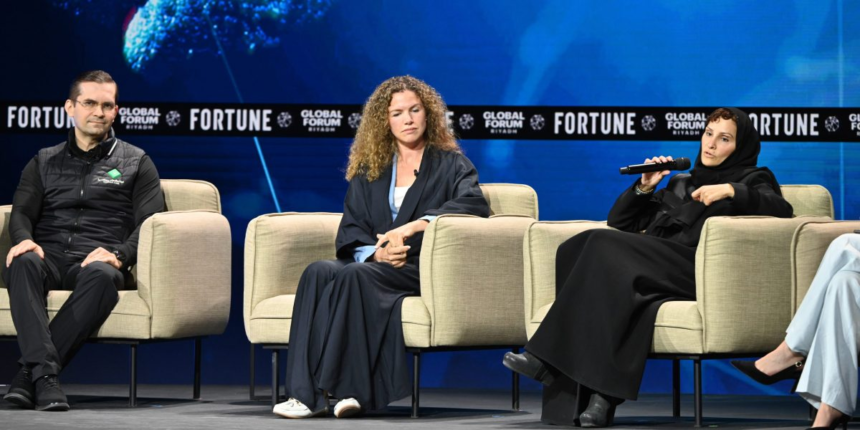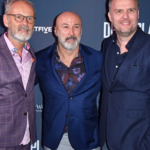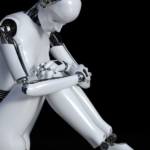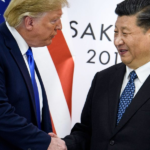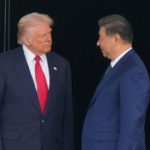Our never-ending quest to live longer and healthier lives is set to get a big boost from AI technology. But as with all things AI-related, one of the biggest roadblocks is data.
“Screening usually happens when people get older. But what we are trying to do—all of us sitting here—is understand the biology of aging so that we can intervene as early as possible,” Dr. Haya bint Khaled bin Bandar Al Saud said. “No one can say how young we should start screening for aging. But aging starts at a very young age, it’s not when you hit 60.”
Hevolution is working closely with scientists and biotech companies to advance drug discoveries focused on “healthspan”—reducing age-related diseases—and on accelerating consumer access to these advances.
“We’re looking for protein targets and drugs that may work on a disease and work on aging at same time,” Zhavoronkov said. The first AI-discovered drug that gets approved to fight a disease and subsequently is able to demonstrate credible reversal of aging biomarkers in a real clinical trial will be a major milestone, he said.
“There is a lot of evidence suggesting we are on the cusp of major scientific discoveries in aging research,” Zhavoronkov said. “I don’t think you should expect to see multiple dramatic miracles in the next 10 years, but in the next 20 years … We are going to have many many dramatic events.”
Up until 1993, for example, clinical trials involved only male participants, and the vast majority of trials today take place in Europe and the U.S., she said. That means fewer than 1% of clinical trial participants today are women of Middle East, South Asian, and African origin, Smith said.
That’s especially problematic for aging science given that men and women age differently. Smith noted that a current assumption in aging science is that if a person lives to be 80 years old, 60 of those years may be healthy, and the last 25% will be in relatively ill health.
“But this assumption only applies to men,” Smith said. Women typically spend the middle 60% of their lives in relatively ill health, owing to hormonal changes, diagnostic delays, and other factors, and the last 30% of their lives in relatively good health.
So research and advances in aging science need to take into account that for women “it’s not about extending life, it’s about reclaiming it.”


